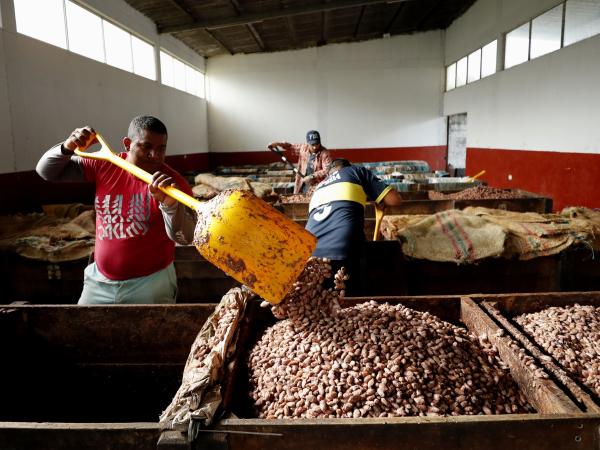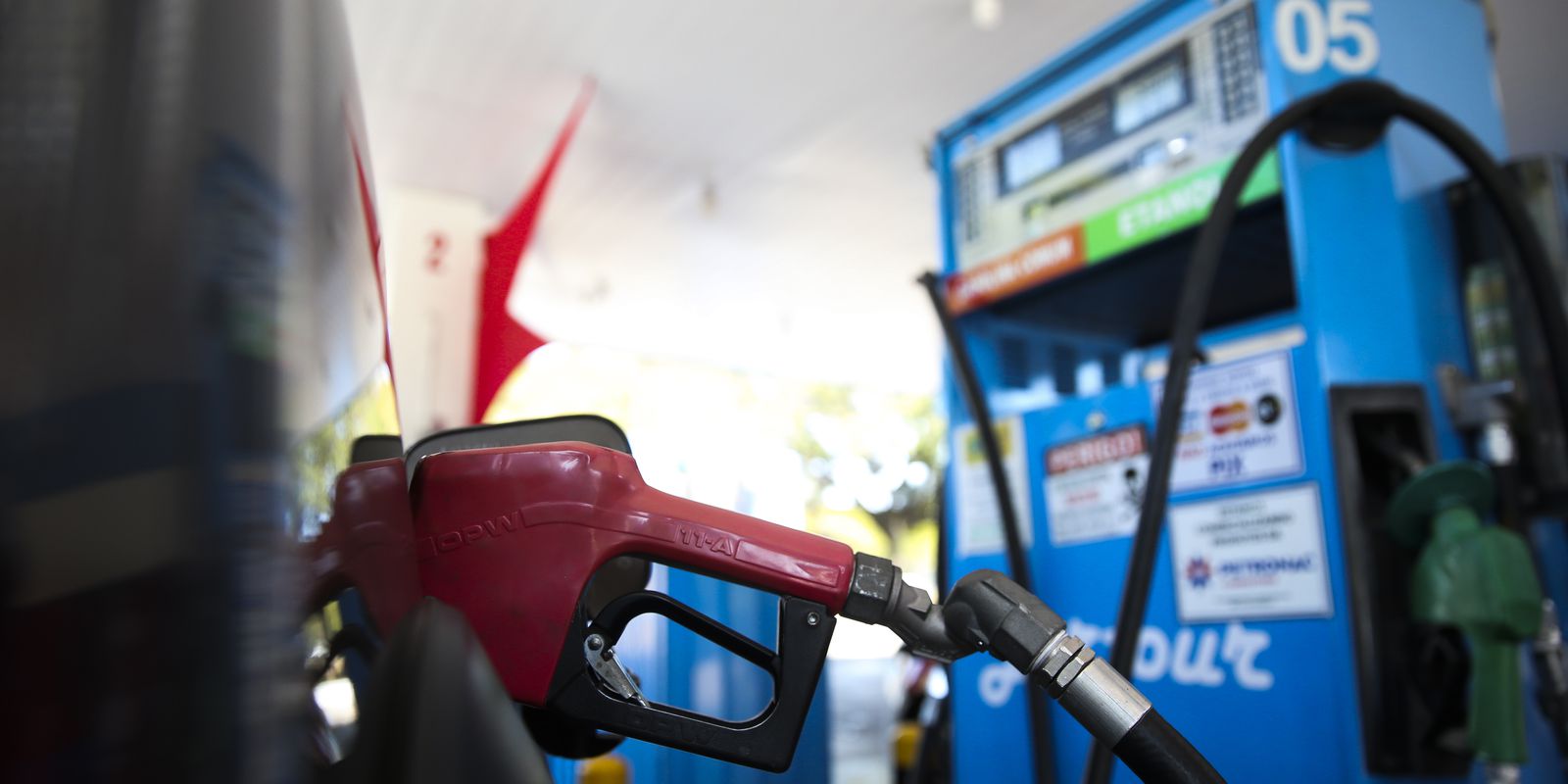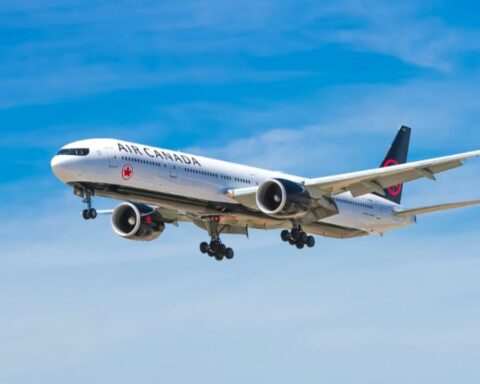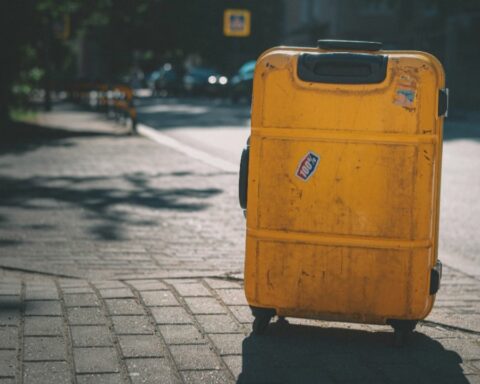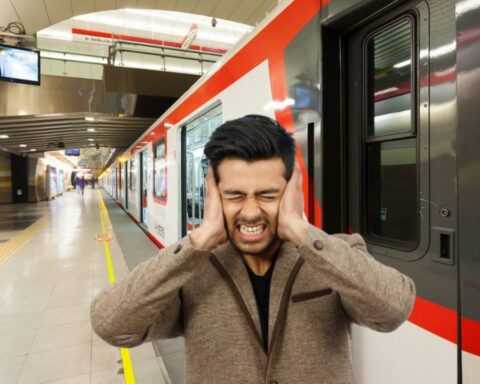Four days ago the deployment of the Armed Forces (FFAA) in the north of the countryin order to protect and contain the border, in the context of the crisis caused by irregular migration that has affected the area for more than a year.
Next Wednesday, March 8, in the run-up to the first anniversary of his Government, President Gabriel Boric is scheduled to start a new regional tour. This time, he will go to the Tarapacá Region, where he would stay for three days, precisely for this matter.
You may also like:
Today, just before the arrival of the President to the affected region, the Minister of the Interior and Public Security, Carolina Tohá (PPD), made an assessment of the military deployment in the north. And, despite affirming that to this day the facilities on the border are “tremendously precarious”, she maintained that the deployment, in particular, “allows us to have many more trained eyes watching what is happening.” This achieves a “dissuasive effect,” said the Secretary of State, in conversation with Radio Biobío.
Along these lines, he addressed the process to control foreign citizens. Along with affirming that she is working with Peru and Bolivia, Minister Tohá reported that, after a registration, those who need guidance are given, while others are redirected.
“In the case of Bolivia, we can only do it — redirect — with respect to Bolivian citizens. Because they do not receive back people from other countries. So what is the obstacle there, reaching an agreement with Bolivia so that they receive people from other countries, not just people from Bolivia. We are working hard there,” said the head of the Interior portfolio. And she stated: “We want to get people to enter the country regularly.”
“Until a year ago, we had a huge immigration crisis, and we had an ancient law that was completely outdated for the challenges we have,” said Minister Tohá. But despite stating that to this day the facilities on the border are “tremendously precarious “He highlighted the progress that has been made. “Now we are buying a very important, high-quality scanner that is going to be installed in Colchane. We are installing observation centers with thermal cameras. There are many measures to take,” added Carolina Tohá.
The Undersecretary of the Interior, Manuel Monsalve, has indicated that in the regions where the military are deployed (Arica, Tarapacá and Antofagasta) “the number of troops of the Armed Forces has tripled compared to what was Decree 265”. Undersecretary Monsalve reported that, so far, in the Arica region there have been 1,497 identity controls and four registrations, while in Tarapacá the number of controls reaches 3,023 and 407 registrations. Likewise, the armed forces have arrested 23 people in Arica and one in Antofagasta. “In the rest of the controls, no misdemeanors or crimes have been detected,” Monsalve said.
It should be remembered that military personnel have the power to carry out identity checks, search luggage, clothing and vehicles. In addition to carrying out arrests if the situation warrants it. In the latter case, the military can take a person who is committing an offense or crime and make them available to the police.


